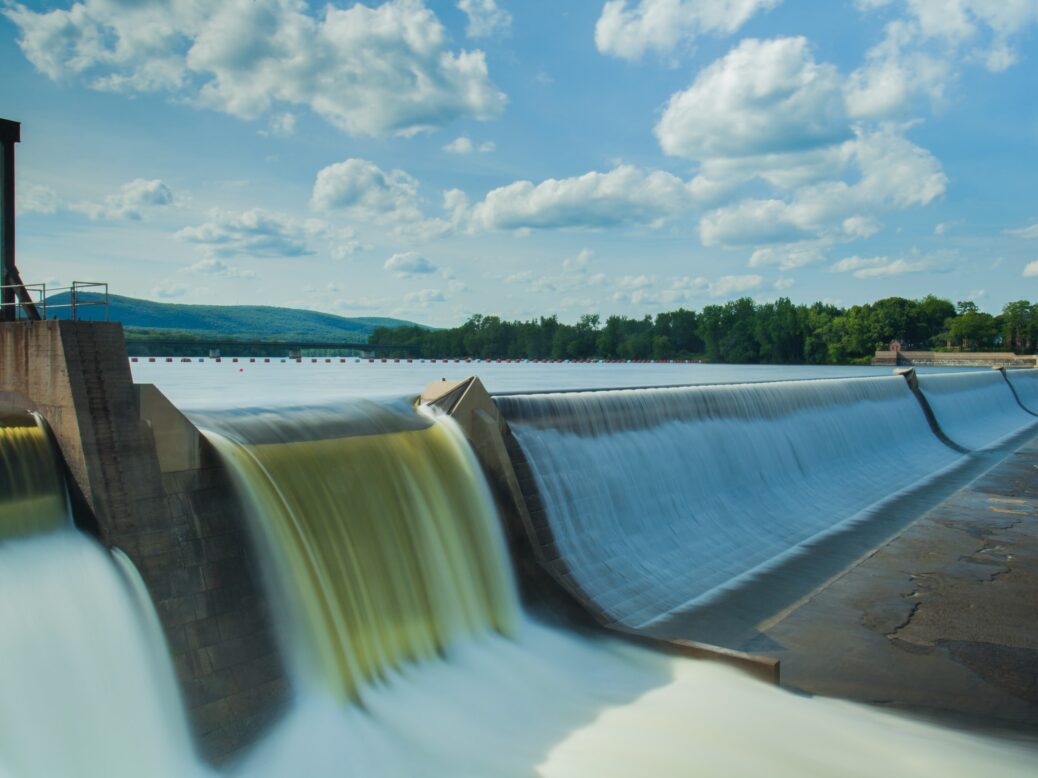The most considerable contribution to energy from renewable green energy sources in Bulgaria is made by the country’s hydroelectric system and power plants, as they currently generate 61% of electricity, local media reported.
In 2021, hydropower plants in Bulgaria produced 61% of renewable energy at the lowest cost to society, representing more than 13% of the total energy in the country. The installed capacity in the sector is 2,307 MW, of which about 500 MW is in the private sector.
For many years, private hydropower plants, despite the difference in the ratio of installed capacity with state-owned plants, have generated from 30 to 40% of the energy produced by hydroelectric power plants, which is approximately 1.5 million MWh/year.
The European Union Emissions Trading Scheme (EU ETS) is one of the Union’s key climate change mitigation policies. It aims to provide an effective mechanism for reducing emissions.
In 2021, only the member companies of the Hydropower Association (50.9% of companies in the private sector) produced 796,139 MWh, which is almost 12 million euros saved on consumption compared to coal power plants, or 253,333 tons of reduced carbon emissions.
The problems in the industry are incredibly acute and require immediate solutions. Additionally, Bulgarian authorities also need to establish a balanced approach to the maintenance and operation of existing hydropower plants in the country. This has to be a top priority, including in all national strategic documents, local media note.
Because of the state’s legal violations, many hydroelectric power plants have already been placed under conditions of closure, which again significantly moved Bulgaria away from the principles of the Green Deal.
Sustainable development is a big issue for Bulgaria. Moving towards a greener model requires significant resources, community efforts, and a focus on the practical implementation of constructive policies and solutions. There are necessary reforms in three main areas embedded in sustainability – ecology, economy, and social environment.

